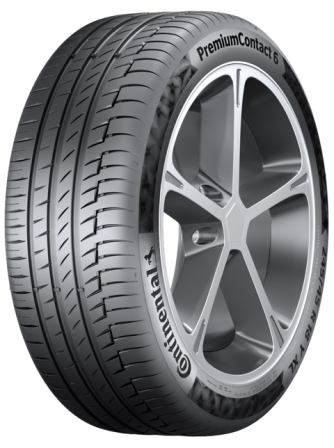
Continental and partners to research decomposition of rubber polymers
Continental, the University of Southern Denmark (SDU) and the École Normale Supérieure de Lyon in France have received a grant worth 43 million core hours of supercomputer time for their joint basic research project. The project, which aims to drive fundamental understanding of tire and road wear particles, has been in existence since 2014. Its goal is to learn more about the decomposition of rubber polymers to better understand the wear behavior of tires. The associated simulations of the behavior of complex polymer structures are very time-consuming. For this reason, the project partners applied for the Partnership for Advanced Computing in Europe (PRACE) initiative. With the digital computing power granted, they now have the opportunity to perform polymer simulations in greater depth and on a broader scale.
“With the help of the supercomputer, we can for the first time perform comprehensive simulations on molecular level. The results of this basic research will contribute to a more complete understanding of the formation of tire and road wear particles, and enable us to design the materials we use for tire construction even more sustainably in the future,” says Dr. Andreas Topp, Head of Materials, Process Development and Industrialization of the Tires business area at Continental.
The support granted comes in the form of access to the 9.4 petaflops Joliot-Curie supercomputer at the CEA’s Very Large Computing Center (TGCC) in Bruyères-le-Châtel, France. With its performance of 1,000 trillion calculations per second, it is one of the fastest supercomputers in the European Union.
Supercomputers are used in science today, in addition to theory and experiment, to simulate particularly large and complex data sets so that they can be evaluated efficiently afterwards. Continental also uses supercomputers, for example, to develop future technologies in assisted, automated and autonomous driving.
Information Source: Read More…..

